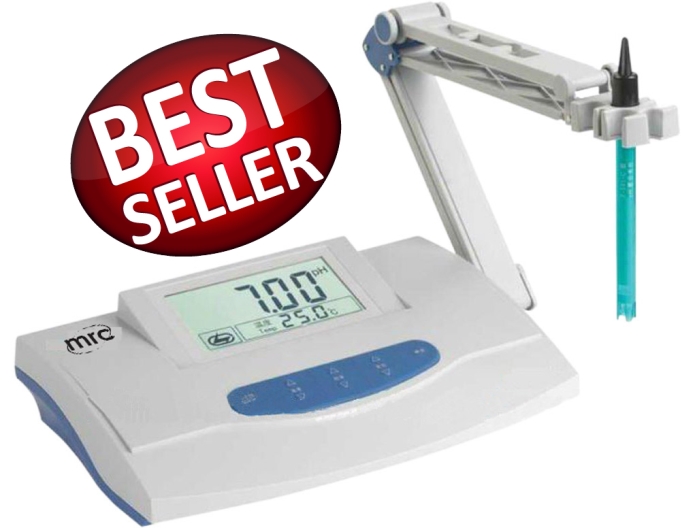Choosing the right measuring instruments for agriculture is a critical step towards maximizing crop yield and quality. This article aims to guide you through the process, ensuring you make informed choices tailored to your specific needs.
What is agricultural measurements?
Agricultural measurements encompass a wide range of factors, including soil health, weather conditions, and crop characteristics. Accurate measurements provide a scientific foundation for effective farm management.
Types of Measuring Instruments for Agriculture
Soil Moisture Sensors
These instruments help monitor and manage soil moisture levels, ensuring optimal conditions for plant growth. Different crops have varying water requirements, making these sensors indispensable for water-efficient farming.
Weather Stations
Weather stations provide real-time data on temperature, humidity, wind speed, and precipitation. This information aids farmers in making timely decisions, such as adjusting irrigation schedules or protecting crops from adverse weather conditions.
pH Meters
Maintaining the correct soil pH is vital for nutrient absorption by plants. pH meters assist farmers in determining and adjusting soil acidity levels, contributing to healthier and more productive crops.

Pyranometer
A pyranometer is a device used to measure the total solar radiation received from the entire hemisphere above the instrument. It is a type of radiometer specifically designed to quantify the solar irradiance, which represents the power per unit area (in watts per square meter) of sunlight. Pyranometers are commonly employed in meteorological and climatological studies, as well as in solar energy applications.
greenhouse and growth chamber light measurement system
A greenhouse and growth chamber light measurement system is a set of instruments and tools designed to measure and monitor the light conditions within a greenhouse or growth chamber. This system is crucial for researchers, horticulturists, and plant scientists who want to optimize and control the light environment to promote plant growth, development, and productivity.
Leaf Area Meter
A Leaf Area Meter is a scientific instrument designed to measure the total leaf area of a plant or a sample of leaves. It is a valuable tool in plant physiology, agronomy, ecology, and related fields where understanding and quantifying leaf area are important for assessing plant health, growth, and productivity.

Factors to Consider When Choosing Measuring Instruments
Crop Type
Different crops have unique requirements. Choose measuring instruments for agriculture that align with the specific needs of the crops you cultivate.
Budget Constraints
While cutting-edge technology is attractive, it's crucial to consider your budget. Look for cost-effective solutions that deliver reliable results.
Ease of Use and Maintenance
User-friendly instruments that require minimal maintenance are essential for busy farmers. Opt for tools that integrate seamlessly into existing farming practices.
Technology Integration in Agriculture
IoT and Measuring Instruments
The integration of Internet of Things (IoT) technology has revolutionized agriculture. Smart measuring instruments connected to IoT platforms provide real-time data accessibility and enable remote monitoring.
Data Analysis for Informed Decision-Making
The data collected by measuring instruments is only valuable if it can be analyzed effectively. Choose instruments that offer robust data analytics capabilities for actionable insights.
Benefits of Accurate Measurement in Agriculture
Improved Crop Management
Accurate measurements empower farmers to implement precise crop management strategies, leading to healthier plants and increased yield.
Resource Optimization
Efficient use of resources, such as water and fertilizers, is achievable through data-driven decision-making, minimizing waste and environmental impact.
Environmental Impact
By understanding and adapting to environmental conditions, farmers contribute to sustainable and eco-friendly agricultural practices.